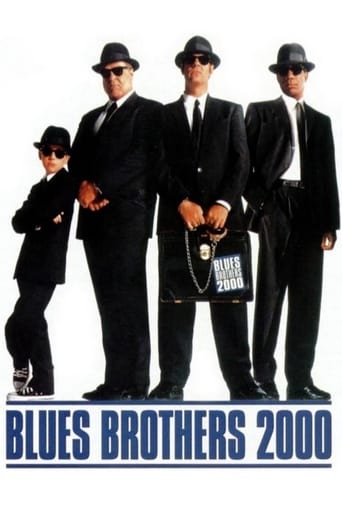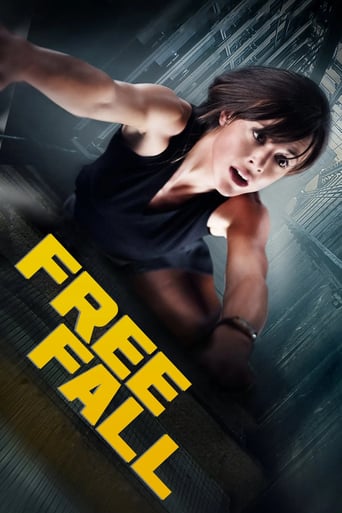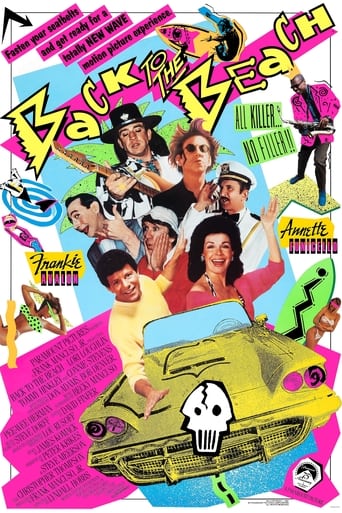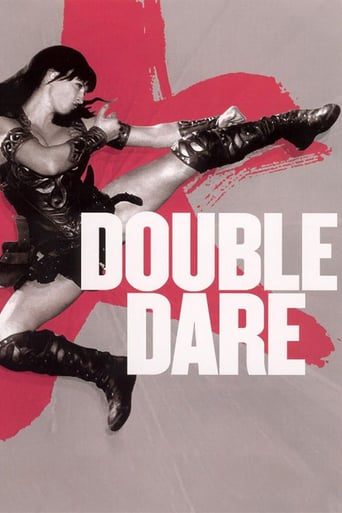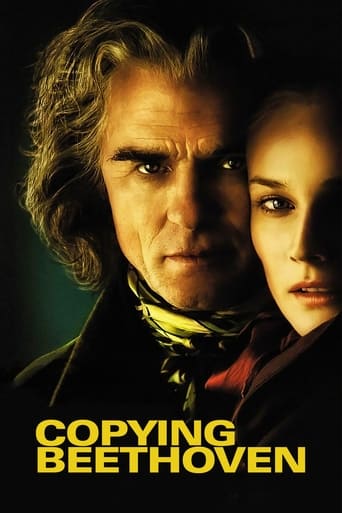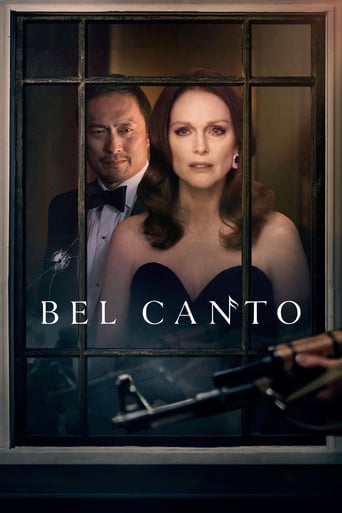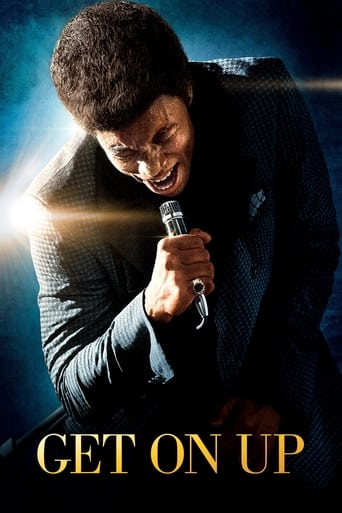


Get on Up
A chronicle of James Brown's rise from extreme poverty to become one of the most influential musicians in history.
-
- Cast:
- Chadwick Boseman , Nelsan Ellis , Dan Aykroyd , Viola Davis , Lennie James , Fred Melamed , Jill Scott


Similar titles
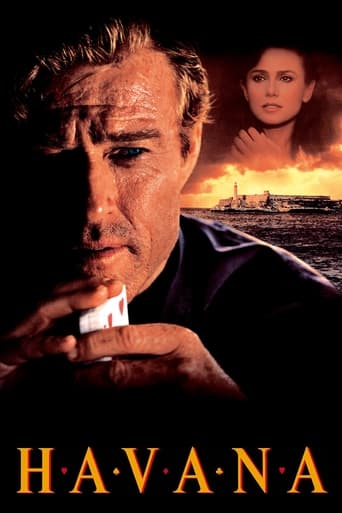
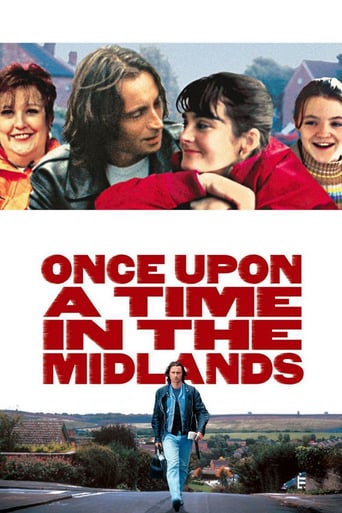
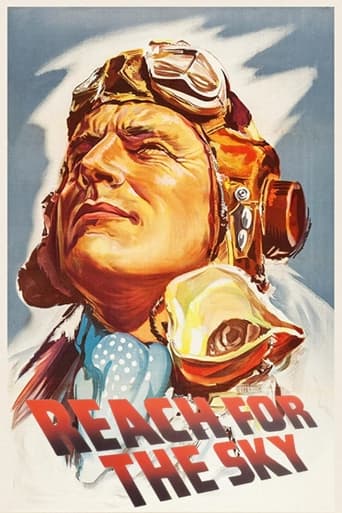
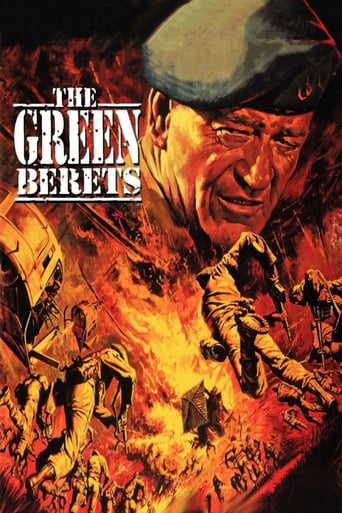
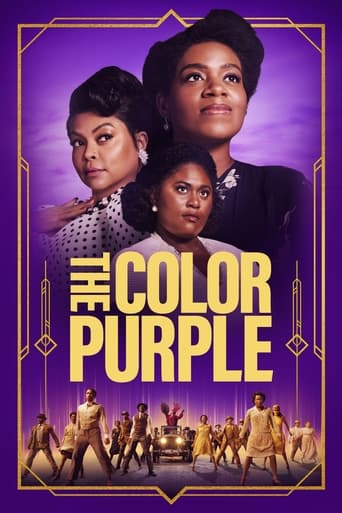

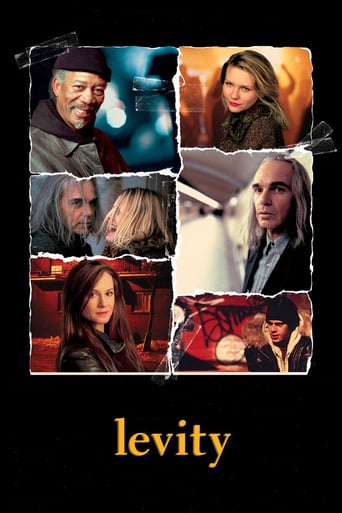
Reviews
Such a frustrating disappointment
Just what I expected
Absolutely Brilliant!
A Major Disappointment
This is Boseman's best so far. I saw Message From The King like a week ago and this is far better since the role demands more and Boseman pretty much nailed it. Every role is cast perfectly. Something I can seldomly say about most movies. Especially Nelsan Ellis as Bobby Byrd and Craig Robinson as Maceo Parker are worthy mentions. Yeah, JB did drugs, beat women and probably even worse, but I had the pleasure of seeing him perform in Vienna a year and a half before he died, and I gotta admit, even though the guy was about 70, he still had it. The audience wasn't worthy of a JB, the Godfather Of Soul, Mr. Dynamite, Mr. Funk, since there were only about a 1000 people in a venue where 3000 would fit. JB represents something most people from my generation can't even comprehend. I'm not sure I fully understand it. A shiny figure from a past era, when being a musician, entertainer had a slightly different tone to it, a different meaning maybe even.This movie is very much entertaining, like the man himself and if even half of it is true in some way or another, this definitely deserves a good rating 7.5/10
The life and times of legendary musician/dancer James Brown told in nonlinear excerpts-from-a-life, rather than any bog-standard birth-to-death, story-form.There has been many recent musical bio-pics, so much so that a satire films have appeared about them such as Walk Hard. In such an atmosphere Tate Taylor has attempted to be different and non conventional but a lot of the time he is merely confusing, muddled and somewhat over-flashy. Moreover the movie looks like it was edited by running over the footage with a lawnmower and gluing it back at random. Flashback and flashback again was used so often that I lost track of where the movie variation on "now" was! Starting at the beginning (although not for this film!) While his (Brown's) father was violent and irresponsible you get the feeling he is being short changed. He did try and bring up his son rather than run away. Give him some marks for effort.However it is used (I believe) as an opening excuse for the behaviour he (Brown Snr) later displayed himself. Not that endless contradictions aren't part of this story, indeed you feel there is a sort of cop-out feel that it can't take any form of moral line. He was both anti-drugs and anti-delinquency apart from in his own actions and his own life. Dare anyone say it, the man had serious mental problems. Because if he wasn't bipolar nobody ever was or will be.Don't give me the "it was all the drugs" line as if the character wasn't underneath. Indeed drugs, firearms and his huge ego could easily have got him killed in the street. Bizarrely he paints himself as a victim (in real life) when on a violent rampage. I rest my case.Let's get off this merry-go-round of confusion and onto solid ground: Brown never left an audience member bored and his songs have passion and soul. We can get this from a concert CD/DVD with the real thing and Chadwick Boseman isn't anything like as good. Nor does he look much like him either (too tall). Brown actually knew little about music and and even his voice wasn't the greatest in range. Indeed I'm not even sure he could have carried a proper harmonic ballad. Marvin Gaye and Otis Redding could have wiped the floor with him on a soul standard. Rather in the manner of Liberace he became important because he told people he was important and people bought into it.(People who refer to themselves in the third party turn my stomach. If Jesus returned from the grave he wouldn't do it.) Despite its faults this is an entertaining enough piece. Wouldn't want to sit through it again and - as I say - it is a shame that the editing is such a mess. All movies need narrative and even though we are dealing with a real life a bit of fiction or guesswork is better than lurching around from one unrelated scene to another with no sense of where you are going or why...
"Get on Up," a biopic about "James Brown," also known as "The Godfather of Soul," covers many of the bases of the soul singer's life but ultimately must be categorized as "hagiography," given its overall sanitized depiction. The narrative begins with a revealing low point toward the end of Brown's life: he terrorizes participants at an insurance seminar by firing a shotgun at the ceiling of his own conference center, after discovering someone has used his private bathroom. Director Tate Taylor then begins jumping around in non- chronological order after that to depict events in Brown's life. As a result, we never get a sense of Brown's decline and (dare I say it?), fall into mediocrity. Taylor on the other hand is content to put Brown up on a pedestal, concluding that he was a seminal figure in American musical history. Despite its shortcomings, there's a lot to like about "Get on Up." First and foremost there's Chadwick Boseman's excellent performance. While he lip syncs the original recordings, Boseman manages to capture Brown's mannerisms, including his spectacular dance moves along with conveying the soul singer's controlling nature. The scenes of Brown's childhood and adolescence explain exactly why he became the "not so nice guy" of his adulthood. Abandoned by his mother and abused by a cruel father, Brown found that he had to fend for himself. The difficulties of growing up Black in the pre-Civil Rights era deep South in 30s and 40s is ably conveyed by Taylor who shows Brown participating in a boxing match as a child for the amusement of well-to-do racist Southerners. Brown finds little supervision from his Aunt who is involved in running the local Bordello. In a powerful scene, young Brown steals a pair of shoes from a lynching victim. Finally, after stealing a suit, Brown receives a harsh and unjust prison sentence of 5 to 13 years but miraculously is rescued by Bobbie Byrd, whose church-going family sponsors him as a repentant border in their home. Despite their generosity, Brown can't keep his hands off one of Byrd's sisters, who he has sex with in one of the upstairs bedrooms.The narrative remains gripping as we learn how Brown's career took off. First there were gigs with "The Famous Flames," Byrd's gospel group where Brown developed his original style. We get to see a young Little Richard fabulously played by a flamboyant Brandon Mychal Smith performing a song before the Flames go on in a club. Later the group is signed by King Records and Brown teams up with agent Ben Bart (nicely played by Dan Aykroyd.) Bart is adroit in business and shows Brown the ropes. We see how expendable the rest of the Flames are when the record company makes it clear that they're only side men to Brown—the main act. As a result they all quit and Brown forms a new band with new players.Somewhere in the second half of the film, the films' scenarists have a hard time acknowledging the depth of James Brown's shortcomings. Perhaps the best scene is when Brown arrogantly and cruelly curses out his supporting players who all resign in protest. The film leaves out how earlier Brown encouraged some of his supporting players in their careers—but then tried to sabotage them by calling DJ's, telling them not to play their music, after some of them displayed some initial success.Politically Brown supported Richard Nixon and spoke fondly of Strom Thurmond—these facts are left out of the film as not to tarnish the Brown legacy. But perhaps the most disingenuous aspect of the narrative is that Brown's drug usage and instances of domestic violence are downplayed. Dressing up as Santa and giving money to children at Christmas time might have endeared some members of the public to Brown but those who knew the entire back story could not have admired such a controlling and mean spirited individual.My theory is that Brown became popular not because of his songs but due to his talent as a performer. On the other hand, Chuck Berry's rock n' roll songs (which also came from standard blues) were far more clever and catchy than most of the stuff from Brown's R&B catalog. Brown did have an excellent voice but relied on repetition which was good for showcasing his excellent dance moves but few of his songs--except for a few hits such as "I Got You (I feel Good), were all that memorable. Television in the 60s put James Brown on the map, but as he grew older, the next generation lost interest in him. No longer the center of attention, Brown turned to drugs and tarnished his legacy through his cruel and boorish behavior, minimized here in this screenplay.I would still recommend seeing this rather disjointed biopic. The main facts of James Brown's life are depicted in a straightforward manner and there are moments here and there, that are quite powerful. Nonetheless the filmmakers tendency to put James Brown on a pedestal makes him out to be far more important in popular music history than he actually was.
Get On Up directed by Tate Taylor and produced by Mick Jagger and Brian Grazer tells you the "from rags to riches" story of James Brown. With Chadwick Boseman performing a brilliant and breathtaking portrait of the The Godfather of Soul, James Brown. Influencing several musicians of many generations during his six decades as one of the most hard working artists in the business. Nobody within music is untouched by The King of Funk. Follow his journey from musician group The Famous Flames, his first meeting with the Rolling Stones, his companionship with manager Ben Bart played by Dan Aykroyd and all the way to the top of the billboards. An inspirational biography of a man reaching the top during some very hard and tough times in a divided America. The Funk don't Quit" – James "The Sex Machine" Brown

